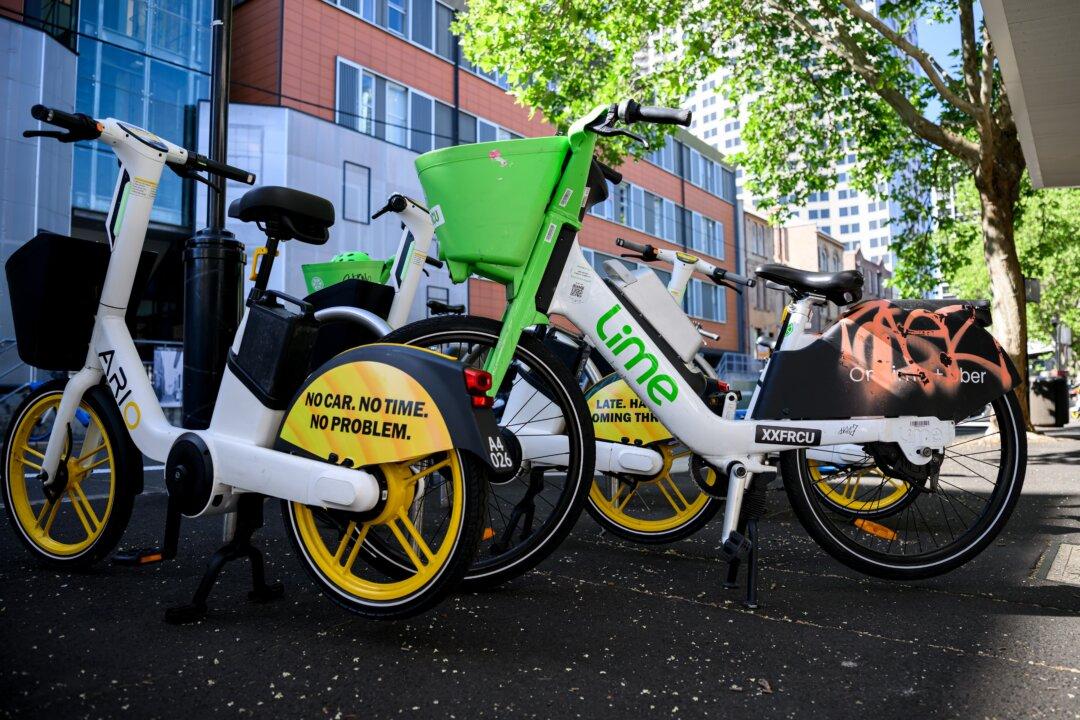Papua New Guinea Prime Minister James Marape has survived another attempt to remove him from office when the Speaker adjourned Parliament for four months, the Guardian reported, safeguarding his position until the next election.
Marape was due to face a vote of no confidence this week but the government, citing a rampant COVID-19 outbreak, proposed an adjournment of parliament and the Speaker agreed late on Wednesday to a four-month recess, the Guardian reported.





